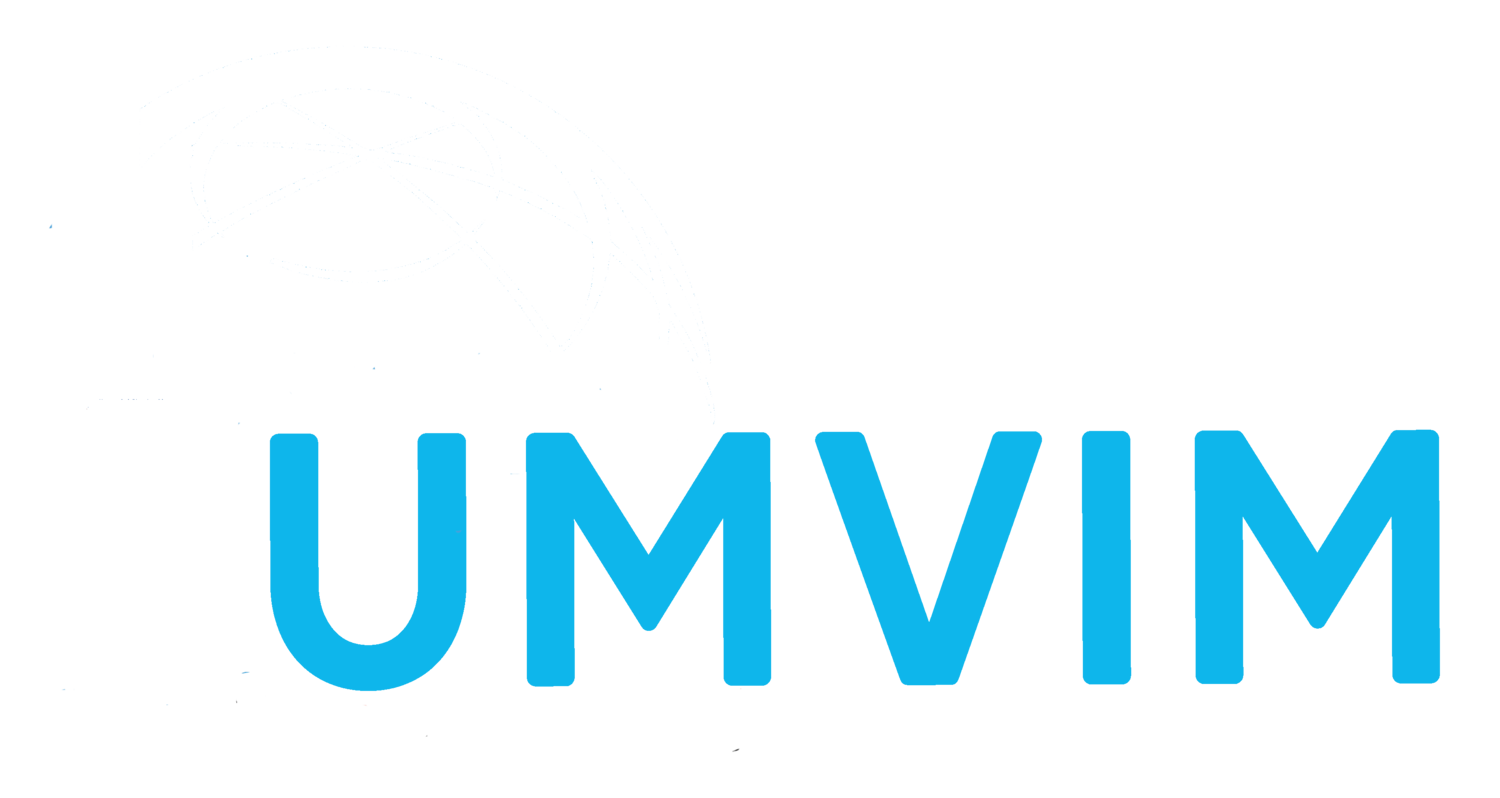Wesley UMC (Illinois Great Rivers) serves in Guatemala
On February 1 – 8, 2025, nine members of Wesley United Methodist Church of Bloomington IL travelled to Guatemala for our church’s first international mission trip since COVID. Thanks to UMVIM’s mission database and assistance in planning, we were able to team up with the Organization for the Development of Indigenous Maya in San Juan and San Pablo La Laguna, Guatemala (Advance #30220390).
The purpose of this journey was to share our physical, spiritual and financial gifts with ODIM and the San Juan and San Pablo people; to understand the people, culture and beauty of another part of the world that God has created, and to share Christ’s love by our caring actions and interactions.
Our group flew from Bloomington IL to Atlanta GA. While we were in the airport, we met several other groups who were also traveling to Guatemala for various missions. We flew into the Guatemala City airport and then traveled by van (about 3 hours) to Antigua. On Sunday morning, we took the van to San Juan La Laguna which was our home base. We would then travel to the next turn over, San Pablo, for training and education for the week.
Poverty affects 97% of the population in San Pablo and 76% in San Juan. San Pablo has an adult population that is majority illiterate. Much of the population suffers from chronic malnutrition. Contaminated water in both communities is a huge problem. And in the department of Sololá, diarrhea and respiratory illnesses are the leading causes of death.
The work focus for going to ODIM was to build safe stoves and deliver water filtration systems for families in need. Thanks to the generosity of our Wesley Church family, 16 stoves and water filters were purchased and 12 were installed during the mission (the other four to be installed by another team). In many of the homes in the low-income areas of San Juan and San Pablo, families do their cooking over an open fire on the dirt or concrete floor of their home, and there is little venting of the smoke other than through windows or doors, or gaps in the walls.
Safe stoves contain the flame in a small fire box, and the smoke is vented with a chimney through the roof. The installation process involves finding or creating a level space for the stove, stacking of cinder blocks for a base, and assembly of the stove parts made of clay and concrete. The stove requires 70 percent less wood than an open fire, and once it is hot, it stays hot for long periods of time due to the clay components inside.
These safe stoves reduce or eliminate smoke in the homes and the water filters reduce or eliminate the number of bacteria in the family’s drinking water. These two home interventions combat the prevalence of respiratory and intestinal illnesses caused by toxic smoke inhalation and consumption of contaminated water. The families that receive these stoves and water filters must go through an application process to show need, attend educational sessions to learn how to use and maintain the stove and filter, and then ODIM follows up with the family throughout the next few months to ensure the stoves and filters are in good working order and being used properly.
Our team of nine was divided into four groups, each working with an ODIM staff member to build each stove. The staff members guided us through the process and helped us communicate with recipient families. As each stove was completed, the family had to demonstrate what they learned throughout the application process by building a fire in the stove, and if time allowed, make tortillas.
In each home we were in, families were willing to help in the building process if they were able. It was a joy to spend time with and get to know each family, and experience the gratitude they have for ODIM, to us as volunteers, and for the stove and water filter that will help them live healthier lives.
Many members of the team have been on several mission trips, and we know that our efforts were a blessing to those we served, but this trip was different. We were able to see firsthand how God works through us to impact others, realizing that each one of these stoves immediately changes lives for the better, both for their health and their self-esteem. It is estimated that each family has an average of 5-6 members living in these homes, and that these 16 stoves will immediately improve the lives of 90-100 people.
We feel blessed to have seen the world through the eyes of the Guatemalan people and the work that ODIM does with them. We hope to be able to continue a relationship with ODIM and perhaps have the opportunity to help even more families in future mission trips to Guatemala.
For more information of the Organization for the Development of the Indigenous Maya and the vital clinical services and proactive health and education programs they offer, see https://www. odimguatemala.org/










